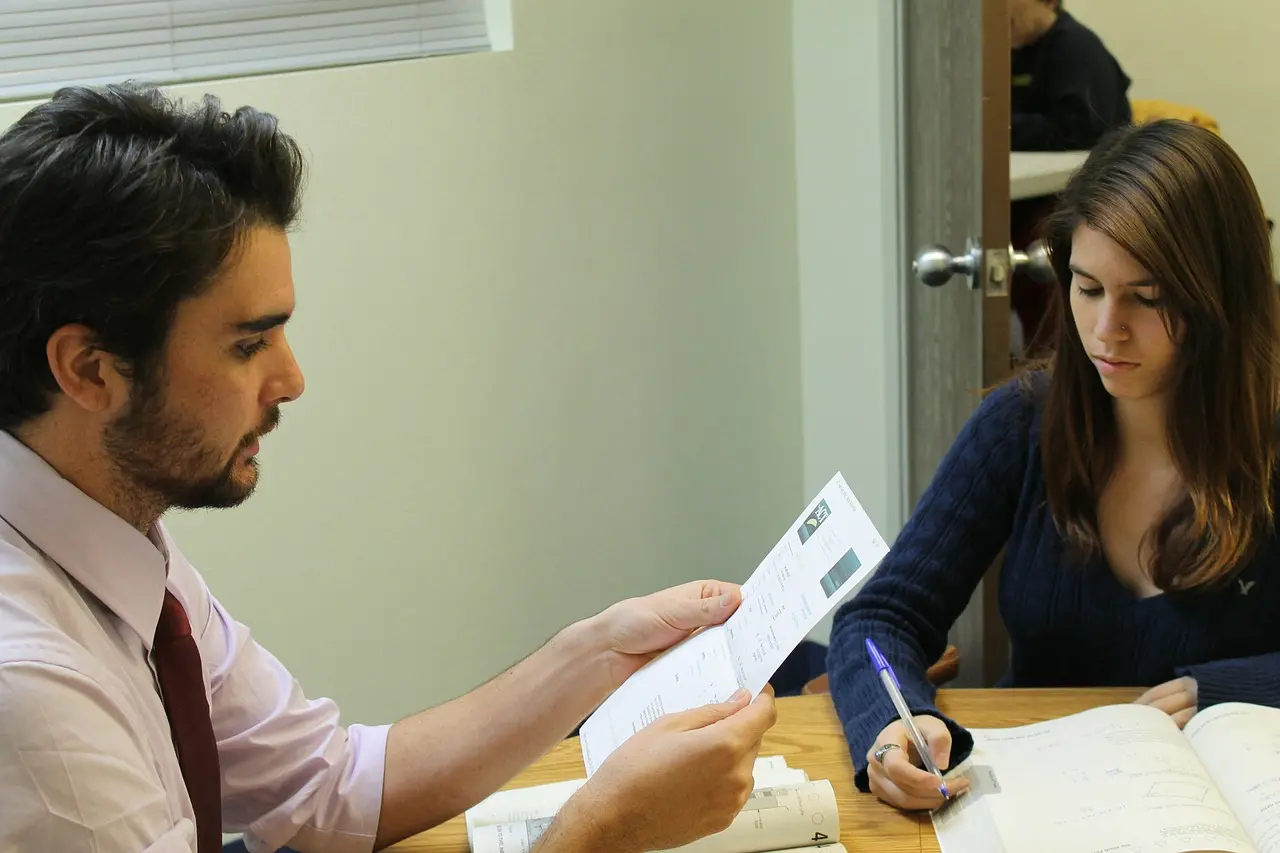by Anvi Kevany, Administrative Assistant
As an involved parent and professional working within the education system, I have attended numerous parent teacher conferences throughout the years. First, as a parent of three gifted children; second, as a professional support staff working with teachers and parents; third, as a volunteer that trains parents to be leaders within the school system; and fourth, as the wife of a teacher who has been teaching for over 35 years.
Here are some suggestions on how to have a successful and productive meeting with your teacher:
- Focus on the Positive: One of the main things that I always emphasize when meeting with your child’s teacher is to start with something positive about the teacher’s work and the classroom. Give specific details such as “my child started reading about women scientists after you included a lesson about the first woman who worked at JPL,” or “I really enjoy the wonderful student artwork displayed in the classroom.” Acknowledge what is working and how that is helping your child. Never start the meeting with complaints or criticisms because this will only lead to the teacher becoming more defensive and, hence, less open to your concerns.
- Make the First Contact: As I mentioned in my previous post, “Advocating for Your Gifted Child,” don’t wait until the Parent-Teacher Conference to have a discussion. Start the communication early so that any issues, problems or concerns may be addressed in a timely manner.
- Be Prepared: You should focus on one or two issues or concerns, not several, as you don’t have enough time to address everything. Therefore, do your homework ahead of time. Gather pertinent paperwork such as test papers, homework assignments, class work, etc. to discuss with the teacher. Other information you may need pertains to guidelines or laws about the school district’s gifted program, curriculum or other special programs. (You may need to access the school district’s website to obtain this information.) In addition, be aware that most teachers are trained to address deficits and, depending on the school district’s budget, training on how to work with gifted students is not always a top priority. This may give you a better understanding of what the teacher’s priorities are, how s/he feels about working with gifted students or how much training s/he has received. By having enough information, you are able to be more effective in communicating your child’s needs.
- Share Additional Information about your Child: The teacher spends six hours a day, five days a week with your child, but do not assume that the teacher knows everything about your child. In addition, your child may behave differently when in school, so the behavior you see at home may not be displayed in the classroom. By sharing additional information, it provides a new perspective on how your child is seen by the teacher. This may lead to a better understanding on how the teacher may work more effectively in providing what your child needs. For example, if your child tends to draw constantly when the teacher is presenting a lesson, you may want to explain to the teacher that your child has the ability to grasp information quickly, even while s/he seems to be distracted. Thereby reassuring the teacher that your child is able to comprehend the lesson. Oftentimes, many people mistakenly equate gifted with perfect behavior, so children that engage in atypical behavior may not be recognized as gifted, but rather mistakenly diagnosed as having ADD or a behavior problem.
- Be Specific: Share specific information or concerns so that you and the teacher can come up with the right solution or compromise. For example, instead of saying, “My child is not challenged enough,” report instead that your child takes five minutes to complete the assigned math homework. Then ask the teacher if s/he has additional suggestions on other math activities that your child may engage in.
- Send a Follow up Letter: By sending a follow up letter, you are documenting the plan of action that you and the teacher have agreed upon and decided to implement, plus including a summary of your meeting. This should also include a thank you note to the teacher to show your appreciation that they are placing extra effort to meet your child’s needs.
What other tips do you have for talking with teachers?
Resources:
Bainbridge, Carol. “Tips for Talking with Your Gifted Child’s Teacher.” April 2017
Post, Gail. “Six Tips for Communicating with Your Gifted Child’s Teacher.” February 2014
Smutny, J.F. “Communicating Effectively with Your Gifted Child’s School.” August 2015

